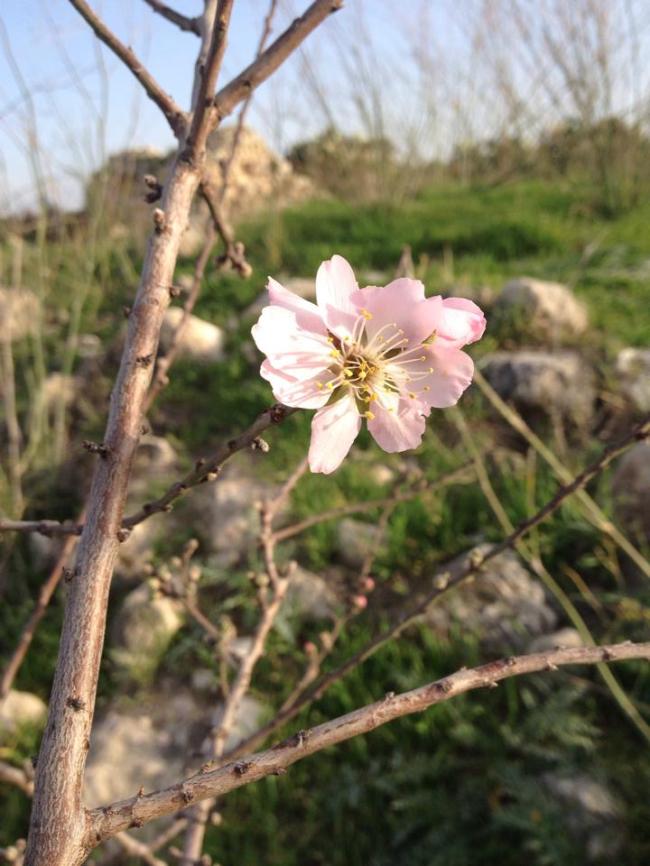I promise I meant to write up a whole thing for one year past my kidney donation. But it’s hot, and I’m tired, and [insert summer excuse here]. I am also transitioning to a new job and while I am enjoying it, the days that I go to the office just suck the life right out of me. I hope to get over that.

Please consider giving it away….
So, yes, the kidney. Or lack thereof. I had really gotten to the point where I didn’t think about it daily anymore – except in Pilates class, where sometimes I get a weird ping like “someone has messed around in here” – when Facebook started to serve me last year’s countdown to the surgery. (Not thinking about it isn’t exactly true, since I now consume so much more water than I used to. True story about my new job circumstances: I like my new coworkers very much, but ALSO very exciting to me is that the office bathrooms are kept pristine.) Low-key thoughts, let’s say.
The anniversary came and went; we were going to go out for dinner, but we were busy; life goes on. I am privately mentoring a couple of people who are in the approvals process for altruistic donation. It’s nice and makes me feel like this is much bigger than just me.
Also low-key, but maybe we should make a bigger deal of it (?), is our upcoming TEN-YEAR ANNIVERSARY OF ALIYAH (!?!?!?!). This is super-crazy. We have officially lived in our current city longer than anywhere else as a married couple, and in our current house as a family longer than any other place by far. Sometimes I still feel brand new here, usually when I am trying to interface with Someone Official Doing Something On the Phone. But then there are other times….
Last week, I had a little medical incident (ahem), in which our broken bed footboard, which is very heavy, fell smack on top of my left foot. I iced it immediately, figured it would be an ugly bruise, and judged myself ok for Pilates as long as I didn’t put all my weight on that one foot. Cut to a few hours later, when I could put NO weight on that foot and spun out thinking about surgical plates because of the incredible pain I was in. I took myself to urgent care (“the useless left foot,” to quote a wise friend, does have its benefits) for an X-ray and possibly a mercy killing if I cried loudly enough?
I hobbled into urgent care, was cheered by the almost-empty waiting room, and then had a hilarious back and forth with the receptionist about planning to impersonate Kate Middleton and her bank account. I interacted with the triage nurse, the X-ray tech, and a doctor. I told the story of what happened multiple times. Ultimately I was judged to have nothing broken. Yay! I checked out, cleared up a misunderstanding with the receptionist, paid, and went home. My whole experience was conducted in Hebrew (95%, anyway), and it felt…normal.

My foot is loads better, but this is my mental state around the footboard. Giving it a wide berth.
I feel like we need to have some hoopla around this aliyah anniversary thing, but it is so easy for things to get lost in the shuffle of everyday life. Maybe we’ll celebrate when we’re in America on our second family trip of the summer, since we will be much likelier to all be together at leisure? Hello, irony.
So, as I almost never say but could, hypothetically – things are…sababa.




